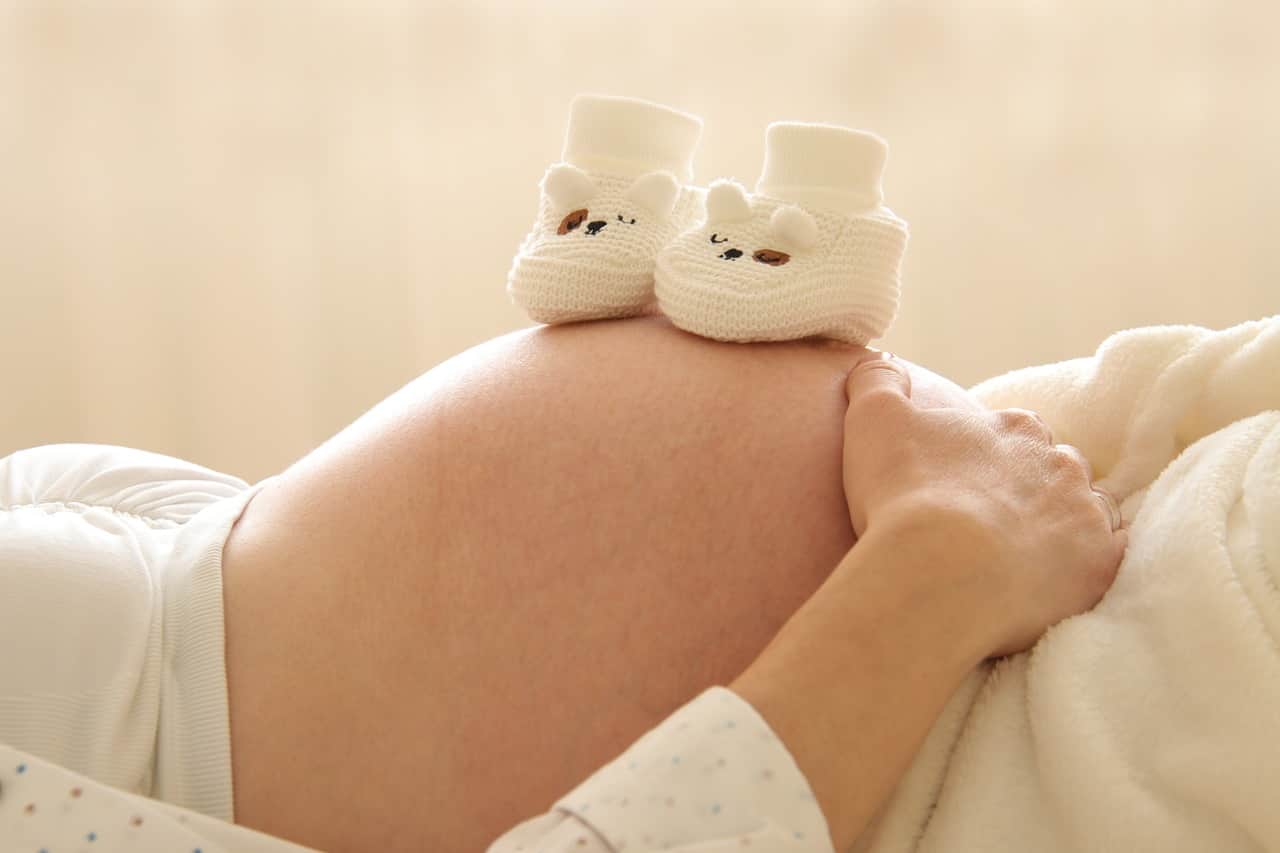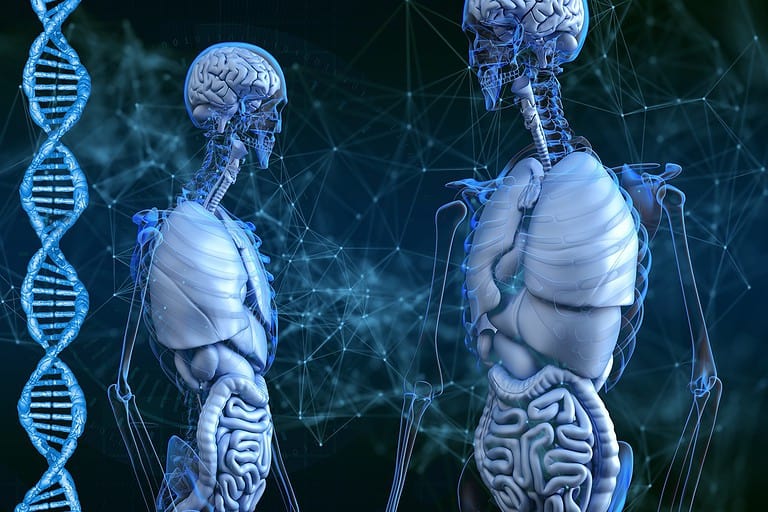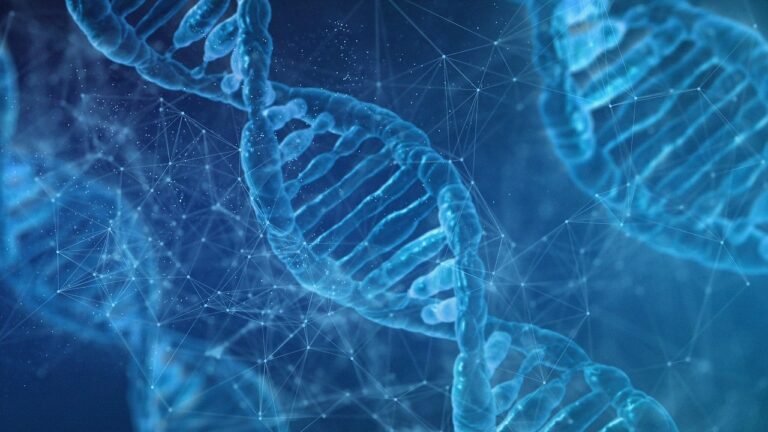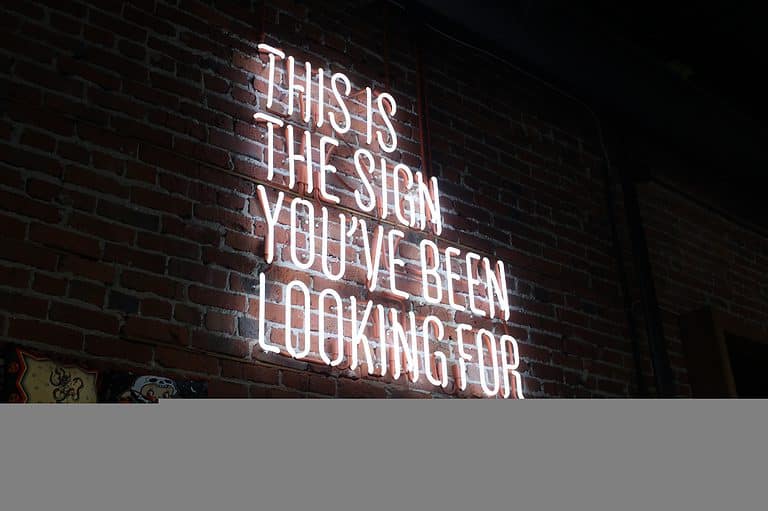Is It Too Late to Start Eating Healthy During Pregnancy?
Starting a healthy diet during pregnancy can be a challenge, especially if you haven’t been eating well before. But is it too late to start eating healthy during pregnancy? The short answer is no. It’s never too late to start eating healthy during pregnancy. Even if you’re already halfway through your pregnancy, making changes to your diet can still benefit you and your growing baby.
Eating a healthy, balanced diet during pregnancy is essential for your baby’s growth and development. It can also help you feel better and reduce the risk of certain complications during pregnancy. While it’s ideal to start eating healthy before you get pregnant, it’s never too late to make changes. You can start by incorporating more fruits, vegetables, whole grains, lean protein and healthy fats into your diet.
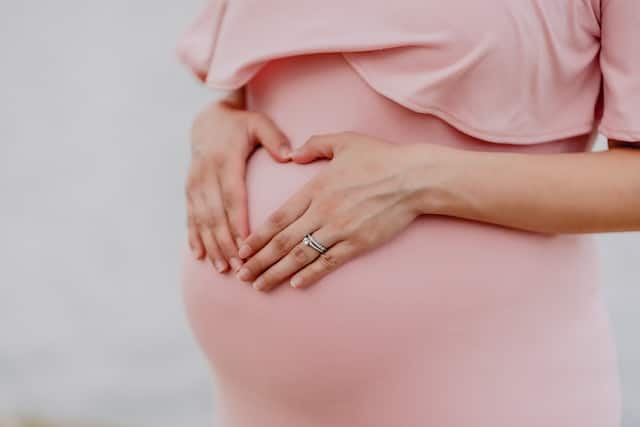
Importance of Healthy Eating During Pregnancy
It is essential to eat a healthy and balanced diet during pregnancy to ensure the health of both the mother and the baby. During pregnancy, the body goes through numerous changes, and it is essential to provide it with the right nutrients to support the growth and development of the baby. Eating a healthy diet during pregnancy can help reduce the risk of complications such as pre-eclampsia, gestational diabetes, and premature birth.
A healthy diet during pregnancy should include a variety of foods from all the food groups. According to the American Pregnancy Association, pregnant women should aim to consume approximately 300 extra calories per day from a balanced diet of protein, fruits, vegetables, and whole grains. It is also important to stay hydrated by drinking plenty of water throughout the day.
In addition to providing the necessary nutrients for the baby’s growth and development, a healthy diet during pregnancy can also help alleviate some of the common discomforts of pregnancy, such as nausea, constipation, and fatigue. Eating small, frequent meals throughout the day can help regulate blood sugar levels and keep energy levels up.
A healthy and balanced diet during pregnancy is crucial for the health of both the mother and the baby. It is never too late to start eating healthy during pregnancy, and small changes can make a big difference. I recommend consulting with a healthcare provider or a registered dietitian to develop a personalized nutrition plan that meets the specific needs of each individual.
Understanding the Timing: Is It Too Late?
As a pregnant woman, you may be wondering if it’s too late to start eating healthy. The answer is no, it’s never too late to start making positive changes to your diet. However, it’s important to understand the timing and how it can affect both you and your baby.
First Trimester
During the first trimester, you may experience morning sickness and food aversions, which can make it difficult to eat healthy. However, it’s important to try to eat a balanced diet and stay hydrated. This is also a crucial time for your baby’s development, so it’s important to get the necessary nutrients, such as folic acid and iron.
Second Trimester
The second trimester is a good time to start focusing on a healthy diet if you haven’t already. Your morning sickness may have subsided, and you may have more energy to prepare healthy meals. This is also a time when your baby is growing rapidly, so it’s important to get enough protein, calcium and vitamin D.
Third Trimester
In the third trimester, your baby is putting on the most weight and your body is preparing for labor and delivery. It’s important to continue to eat a healthy diet to support your baby’s growth and development. This is also a good time to start preparing for breastfeeding by eating foods that are rich in calcium and protein.
Overall, it’s never too late to start eating healthy during pregnancy. However, it’s important to understand the timing and how it can affect both you and your baby. By focusing on a healthy diet and getting the necessary nutrients, you can help ensure a healthy pregnancy and a healthy baby.
Effects of Late Start on Healthy Eating During Pregnancy
Impact on Mother’s Health
As a mother, it is important to prioritize your health during pregnancy. Starting to eat healthy during pregnancy is better than not making any changes at all, but making an abrupt change to a healthier diet once you’re pregnant can be challenging and may have some negative effects on your health.
If you have previously had an unhealthy diet, making an abrupt change can cause discomfort, such as constipation, nausea and vomiting. Additionally, if you suddenly change your diet, you may not be getting all the necessary nutrients that you and your baby need. This can lead to deficiencies in vitamins and minerals, which can cause health problems for both you and your baby.
Impact on Baby’s Development
Making healthy changes to your diet during pregnancy is also important for your baby’s development. Eating a balanced diet provides your baby with the necessary nutrients for growth and development.
Starting to eat healthy during pregnancy can help prevent birth defects, low birth weight and other health problems. However, if you make an abrupt change to a healthier diet once you’re pregnant, it may not be enough to support your baby’s development.
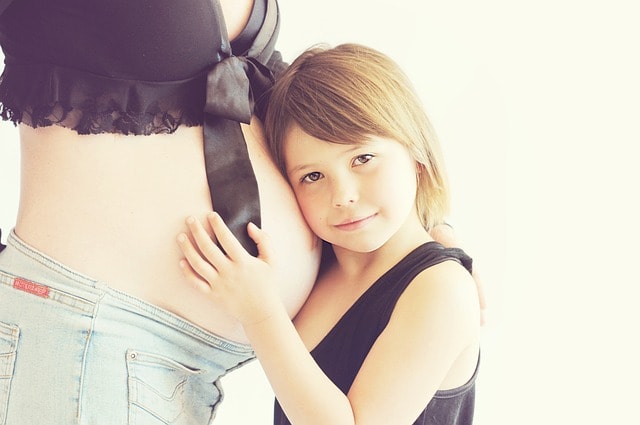
It is best to add about 50% healthy foods into your existing diet gradually. This approach will only benefit you and the baby. Try to choose a variety of foods from the different categories, such as fruits, vegetables, lean proteins and whole grains.
In conclusion, it is never too late to start eating healthy during pregnancy. Making gradual changes to your diet can have a positive impact on both your health and your baby’s development.
Steps to Start Eating Healthy Late in Pregnancy
I often hear from pregnant women who are concerned that it may be too late to start eating healthy. The good news is that it’s never too late to make positive changes to your diet, even if you’re in the late stages of pregnancy. Here are a few steps you can take to start eating healthy late in pregnancy:
Consulting a Nutritionist
One of the first steps you can take is to consult with a nutritionist. A nutritionist can help you create a personalized meal plan that takes into account your unique dietary needs and preferences. They can also provide you with tips and advice for making healthy food choices, as well as offer guidance on portion control and meal timing.
Meal Planning
Meal planning is another important step you can take to start eating healthy late in pregnancy. By planning your meals in advance, you can ensure that you’re getting all the nutrients you need, while also avoiding unhealthy foods. When planning your meals, be sure to include a variety of fruits, vegetables, whole grains, lean proteins, and healthy fats.
Incorporating Exercise
In addition to making changes to your diet, incorporating exercise into your daily routine can also be beneficial. Exercise can help improve your overall health and well-being, as well as help you maintain a healthy weight during pregnancy. Be sure to talk to your doctor before starting any new exercise routine, and aim for at least 30 minutes of moderate exercise most days of the week.

By taking these steps, you can start eating healthy late in pregnancy and give your baby the best possible start in life. Remember, it’s never too late to make positive changes to your diet and lifestyle, and every small step counts towards a healthier, happier you.
Challenges and Solutions
As I mentioned earlier, it’s never too late to start eating healthy during pregnancy. However, there may be some challenges that come with changing your diet mid-pregnancy. Here are some common challenges and solutions that can help you overcome them.
Dealing with Cravings
One of the biggest challenges of changing your diet during pregnancy is dealing with cravings. It’s common for pregnant women to crave unhealthy foods like sweets, fried foods, and salty snacks. However, it’s important to remember that these foods are often high in calories and low in nutrients.
To overcome cravings, I find it helpful to plan ahead and have healthy snacks on hand. For example, I like to keep fresh fruit, nuts, and cut-up veggies in the fridge for when I need a quick snack. I also try to satisfy my sweet tooth with natural sugars like fresh fruit or a small piece of dark chocolate.
Addressing Nutrient Deficiencies
Another challenge of changing your diet during pregnancy is addressing nutrient deficiencies. If you’ve been eating an unhealthy diet, you may be lacking in important nutrients like iron, folate and calcium.
To address nutrient deficiencies, I recommend talking to your healthcare provider or a registered dietitian. They can help you identify which nutrients you may be lacking and suggest foods or supplements that can help you meet your needs.
In addition, I find it helpful to track my food intake using a food diary or app. This can help me identify which nutrients I may be lacking and make adjustments to my diet accordingly.
Overall, while there may be some challenges to changing your diet mid-pregnancy, it’s important to remember that it’s never too late to start eating healthy. By planning ahead, addressing cravings and addressing nutrient deficiencies, you can ensure that you and your baby are getting the nutrients you need for a healthy pregnancy.

